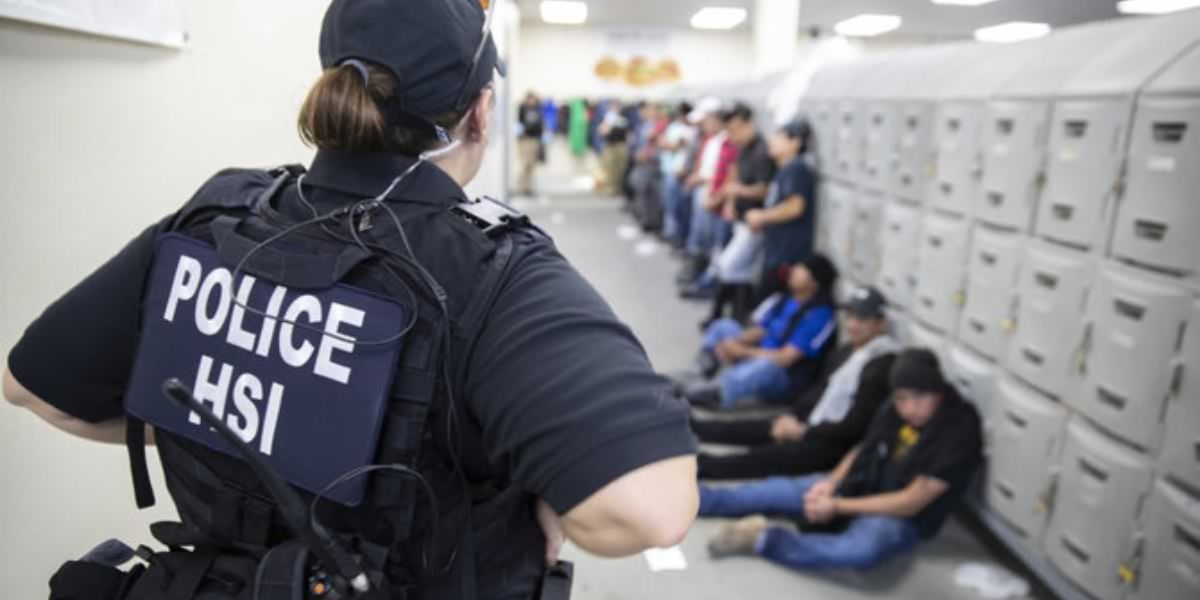When it comes to dealing with law enforcement, things can get confusing fast — especially in a high-pressure moment. A question many Texans ask is:
“Is it illegal to talk to police in Texas?”
Let’s make one thing clear right away:
🟢 No, it is not illegal to talk to police in Texas.
But — and this is important — how you talk to them, what you say, and whether you have to say anything at all are the real crucial parts to understand.
✅ You Have the Right to Talk — And the Right to Stay Silent
In Texas, like the rest of the U.S., you have constitutional rights under the First and Fifth Amendments. You’re allowed to talk to police, but you’re not required to answer their questions beyond certain identification requirements.
This is the crucial part:
🚨 Anything you say to police — even casually — can be used against you later.
So while it’s legal to talk to officers, it’s not always in your best interest to do so without legal representation.
🔍 When You’re Required to Talk to Police in Texas
are only a few situations where you must speak or provide information to an officer:
During a traffic stop: You must show your driver’s license, registration, and proof of insurance when asked.
If you’re legally detained: You may be required to identify yourself — this is known as “stop and identify” law in Texas.
If you’re arrested: You still have rights, but must follow lawful commands.
Outside of these moments, you can exercise your right to remain silent.
❗️Lying to Police Is Illegal
One of the biggest mistakes people make? Thinking they can talk their way out of trouble by bending the truth. In Texas, lying to a peace officer is a criminal offense.
If you don’t want to answer a question, it’s always better to say:
“I’m choosing to remain silent and would like a lawyer.”
That statement protects you — and prevents accidental self-incrimination.
👮♂️ What If You Just Want to Be Friendly or Report Something?
Of course, not every police interaction is a high-stress legal moment. It’s completely legal to:
Say hello to an officer
Ask for help or directions
Report a crime
Cooperate as a witness
Just remember: if an officer starts asking deeper questions or makes you feel like you’re being investigated, it’s okay to pause the conversation and request legal counsel.
🔑 The Crucial Takeaway
Talking to police in Texas isn’t illegal — but talking without knowing your rights can get you into trouble.
Here’s what you should always remember:
You have the right to remain silent
You have the right to legal representation
Anything you say can and will be used in court
Lying is a crime, but silence is not
✅ Quick Recap:
Legal to talk to police? Yes.
Required to answer all questions? No.
Lying = Crime? Yes.
Silence = Right? Absolutely.
When in doubt, be respectful, stay calm, and protect your rights. Texas law allows you to speak — but being smart about when and how is the key.




